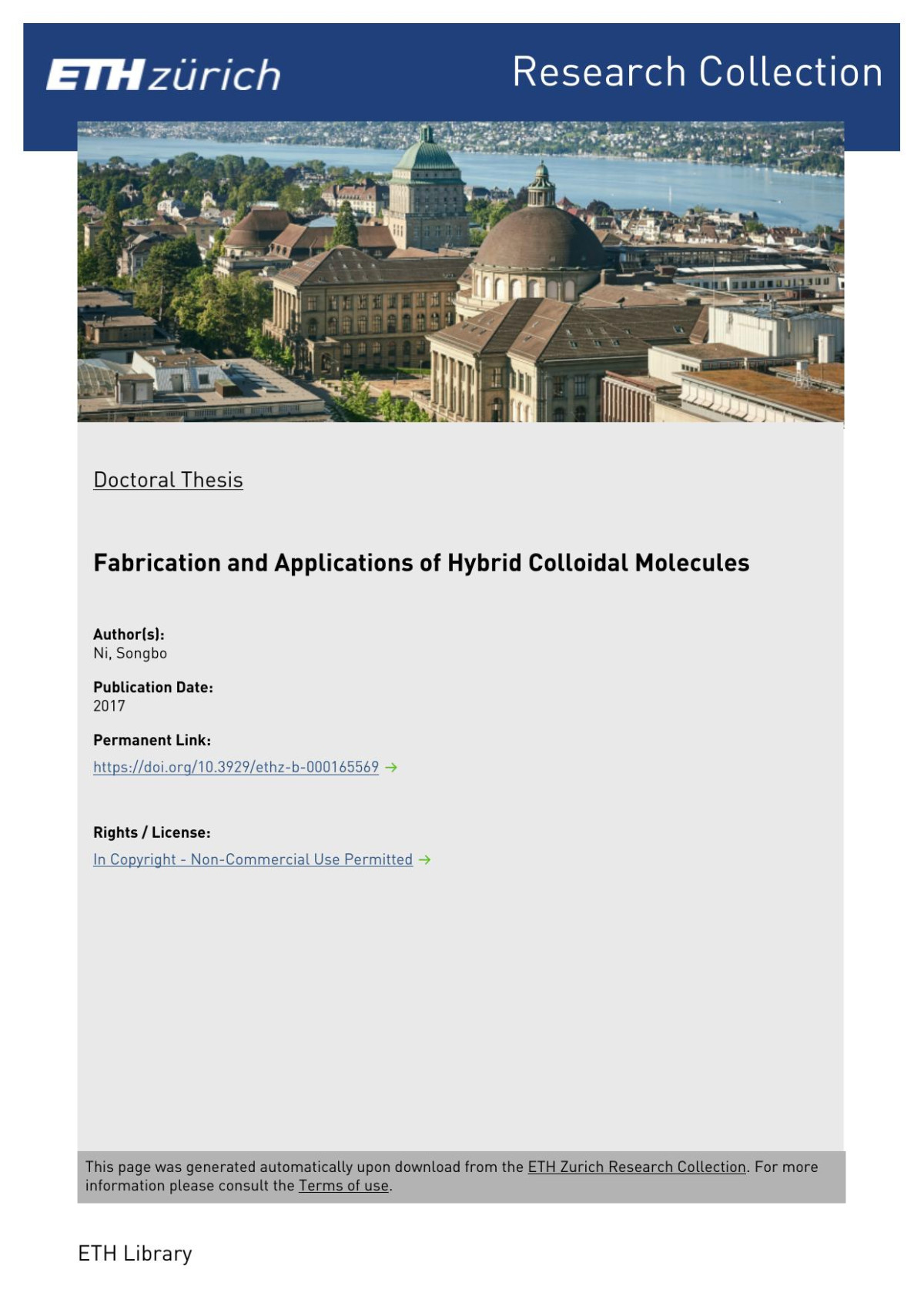

Most ebook files are in PDF format, so you can easily read them using various software such as Foxit Reader or directly on the Google Chrome browser.
Some ebook files are released by publishers in other formats such as .awz, .mobi, .epub, .fb2, etc. You may need to install specific software to read these formats on mobile/PC, such as Calibre.
Please read the tutorial at this link: https://ebookbell.com/faq
We offer FREE conversion to the popular formats you request; however, this may take some time. Therefore, right after payment, please email us, and we will try to provide the service as quickly as possible.
For some exceptional file formats or broken links (if any), please refrain from opening any disputes. Instead, email us first, and we will try to assist within a maximum of 6 hours.
EbookBell Team

4.3
38 reviewsColloidal particles have been widely applied as building blocks to fabricate functional materials,as well as model systems to answer fundamental questions. The development of colloidal particle synthesis has been mainly driven for a long time by investigating their properties at a reduced particle size and/or with an anisotropic shape. On the other hand, nowadays, an increasing number of efforts has been directed to the synthesis of particles encoding multiple chemical and eometrical information, i.e. multi-material particles with complex shapes that are also known as hybrid colloids. Controllable integration of multiple materials, and thus functionalities, into a hybrid colloidal particle can enable the creation of novel functional materials. Metallic plasmonic nanoparticles can for instance be combined with catalytic nanoparticles to create plasmonicenhanced sensing devices. Hybrid particles with complex compositions can also introduce directional and specific interactions. These programmable interactions can be used to direct particle assembly into targeted superstructures, which further impart superior properties to the corresponding functional materials.